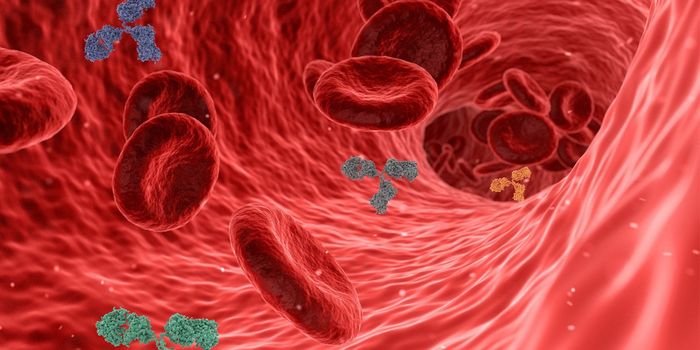Artificial Intelligence Helps Predict Therapeutic Responses
Artificial intelligence (AI) is pushing the boundaries in therapeutic medicine. AI is the general term that refers to machine intelligence. Specifically, a computer system’s ability to take information and use that to reach a defined goal. As technology becomes more advanced, computer scientists can use machine learning to teach and program software to conduct complex functions. Machine learning uses algorithms to specifically analyze large sets of data, identify outliers or patterns, and make decisions based on input.
Different platforms use AI to search for information easier and make technology more user friendly. For example, AI is used to improve web search engines, recommendations on previously watched movies or shows, generate tools or information based on what you type into ChatGPT, analysis of game strategies (i.e., chess), and others. The range of AI applications continues to grow, making our lives easier. Many fields of study are using AI to make predictions and improve business practices. In cancer medicine, computer scientists are working on AI applications that can predict which patients will benefit from treatment or not. This information is critical to lower therapeutic risk and increase success rates.
A recent paper in Nature Medicine, by Dr. Diego Chowell and others, have discovered a way to predict which patients will respond to a specific immunotherapy by using routine blood tests. Chowell is a scientist and Assistant Professor at Mount Sinai and specializes in AI and immunotherapy. The algorithm Chowell and his team used evaluates how well patients will respond to immune checkpoint inhibitors, which is an immunotherapy that activates immune cells and redirects them toward the tumor.
The AI model, referred to as SCORPIO, was developed by scientists at both the Memorial Sloan Kettering Cancer Center (MSK) and the Tisch Cancer Institute at Mount Sinai. In their findings, researchers demonstrate that SCORPIO is cheaper and significantly more accurate than other predictive biomarkers that are already U.S. Food and Drug Administration (FDA) approved. Their approach uses standard blood sample tests to predict response. This is unlike other predictive AI techniques which require advanced genomic testing. Not only do these advanced AI testing techniques require expertise that is limited, but the technology is not readily available in most hospitals. As a result, these studies are only available to a select few. By using blood samples, predictive testing is available to everyone, which will quickly and efficiently get patients on a successful treatment.
Chowell and his team describe how the model analyzes blood tests to measure cell counts and the metabolic profile of cells. The model was developed using data from over 4,000 patients at MSK with different cancer types that were treated with immune checkpoint inhibitors. It was then applied to other patients being treated with checkpoint inhibitors in different clinical trial phases. The use of many patients helped develop the model by giving it different parameters so it can be applicable to any patient. This major development in predictive modeling by Chowell and others allows equitable treatment to cancer patients and has the potential to improve clinical treatment.
Paper, Nature Medicine, Diego Chowell, Mount Sinai, MSK, Tisch Cancer Institute








